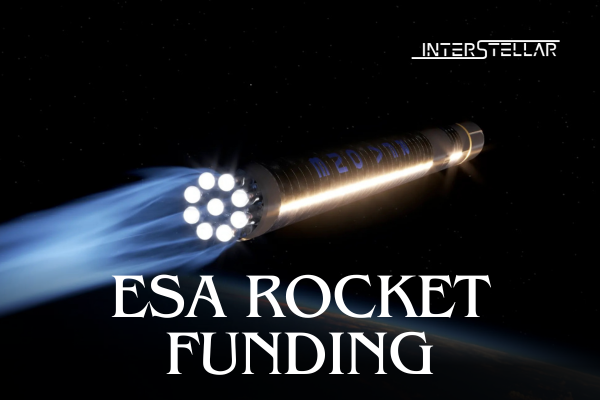European Space Agency Boosts Funding for Launch Vehicle Startups
The European Space Agency (ESA) is injecting additional funds into four launch vehicle startups to aid the development and testing of their rockets. Through its “Boost!” programme, ESA has extended contracts worth €44.22 million ($46.7 million) to HyImpulse, Isar Aerospace, Orbex, and Rocket Factory Augsburg (RFA).
Supporting ESA Launch Ambitions
These funds aim to bolster Europe’s emerging space industry as companies prepare for their inaugural launches. “Europe’s emerging commercial launch service providers are pushing towards their first launches,” said Toni Tolker-Nielsen, ESA’s director of space transportation. “We are very interested to see their rockets deliver.”
Isar Aerospace announced it has secured €15 million from this funding. The company will use the investment to test its Spectrum small launch vehicle, planning its first two flights. While Isar initially aimed for Spectrum’s debut by year-end, recent updates on its launch progress remain unavailable.
Orbex and HyImpulse Advance Key Projects
Orbex received €5.6 million to continue testing its Orbex Prime microlauncher. CEO Phil Chambers highlighted that the funding allows Orbex to take significant steps toward its inaugural launch, anticipated in 2025.
HyImpulse was allocated €11.8 million for its SL1 orbital launch vehicle. This funding will support development of a hybrid engine, advanced avionics, and a third-stage propulsion system. CEO Christian Schmierer expressed optimism, noting the investment aligns with the growing demand for small satellite launches.
RFA Rebuilds After Setback
Rocket Factory Augsburg, which lost the first stage of its RFA ONE rocket in an August static-fire test, also received €11.8 million. The funds will enable the company to rebuild the stage and resume testing. RFA’s Chief Commercial Officer Jörn Spurmann called Boost! “a crucial investment in Europe’s future space access.”
Addressing European Space Independence
The funding comes as Europe continues to grapple with its reliance on non-European launch providers. Despite progress, such as the inaugural Ariane 6 launch in July and the anticipated return of Vega C in December, concerns persist about Europe’s autonomy in space access.
Stella Guillen, Chief Commercial Officer of Isar Aerospace, emphasised the need for structural changes. “To become competitive globally, we need institutions and governments to clearly shift from funding the development to becoming frequent customers,” she said.
Phil Chambers echoed the sentiment during a panel at Space Tech Expo Europe. He argued that Europe must invest in sovereign capabilities to secure its place in the global space industry. “Never let a good crisis go to waste,” he concluded.





